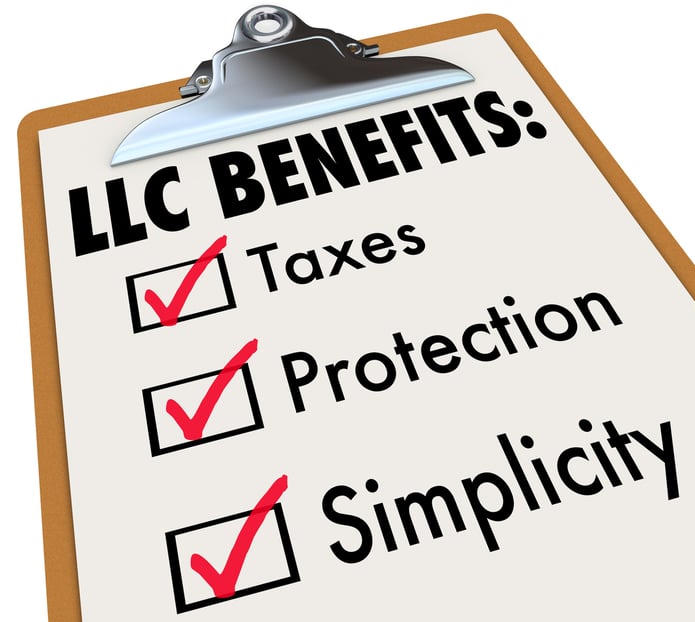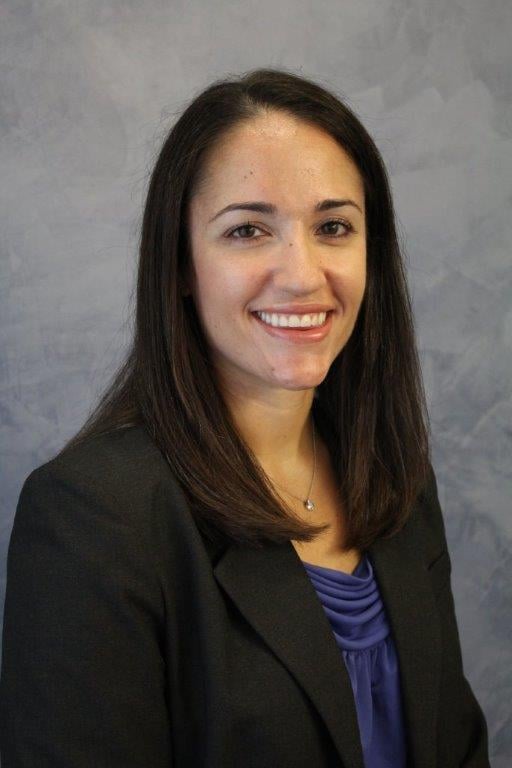There are a number of advantages, as well as disadvantages, to owning and operating a business as a sole proprietorship. This business structure allows for simple tax filing and is easy to form and operate with very few administrative tasks. The main disadvantage, however, associated with this entity type is that there is no limited liability for the owner. This means that the owner is personally financially responsible if there are any legal claims that are brought against the business.
Is there a way to preserve the simplicity of a sole proprietorship, while, at the same time, protecting the owner against the unlimited personal liability that comes with owning one? Perhaps, yes, through the use of a single member limited liability company (SMLLC).
Before you think that an SMLLC is a panacea, be aware that it has its own set of advantages and disadvantages that accompany it. The most significant advantage of converting to an SMLLC is that the owner enjoys limited liability. The conversion process to an SMLLC is more involved than creating a sole proprietorship, but is still relatively simple. The following steps need to be taken in order to convert from a sole proprietorship to a SMLLC:
- Filing a certificate of formation
- Paying the appropriate fees
- Executing articles of organization and operating agreement
A business converting to an SMLLC generally does not need to notify its customers of the change, although professional service entities should consider taking the following steps:
- Register with the state licensing authority
- Notify their malpractice insurance carrier
- Investigate whether the existing name can be used in the states where business is conducted
The following items need to be taken into consideration when making the decision to convert to an SMLLC:
- State law considerations – it is required that LLCs conform to the state laws in the state of organization. The LLC is required to adopt articles of organization and an operating agreement that align with the requirements of the state. In addition, some states, such as California, impose taxes, like an annual franchise fee, upon SMLLCs, that are not imposed upon sole proprietorships.
- Possible recapture due to application of the at-risk rules – it is possible that the taxpayer may be subject to the at-risk rules under IRC Sec. 465 if losses have been recognized in prior years. This normally is not an issue for cash basis taxpayers. Generally, amounts at-risk include the amounts of money and the adjusted basis of property contributed by a taxpayer. Borrowed funds are also included if the taxpayer is personally liable for the debt with certain exclusions that apply.
- Contribution of assets – real estate may need to be retitled if held in an SMLLC. Fees may apply for such changes.
- Available accounting methods – An SMLLC taxed as a disregarded entity must use the owner’s accounting methods.
- Self-employment tax – this tax applies to both a sole proprietorship as well as an SMLLC.
- Notification of creditors and franchisors – Secured creditors must be notified of the change from a sole proprietorship to an SMLLC and agree to the change.
- Miscellaneous considerations – as noted above, be aware of miscellaneous fees that may be assessed with the conversion to an SMLLC. Examples of these fees include annual filing fees, franchise tax and various other fees.
It is important to understand all of the rules and fees that are associated with converting from a sole proprietorship to an SMLLC. This article only touches on a few of the issues that must be considered when converting a sole proprietorship to an SMLLC. It is always a good idea to consult a professional prior to executing any of these decisions.
Understanding the best business structure as your business grows can be confusing. We are available to help you determine whether or not this change will be beneficial to your existing business. Please feel free to contact me directly to learn more at btheofilos@zinnerco.com or 216-831-0733 to speak with any of our professionals.





